Why Your Child’s Writing Isn’t Improving (Even After All That Practice)
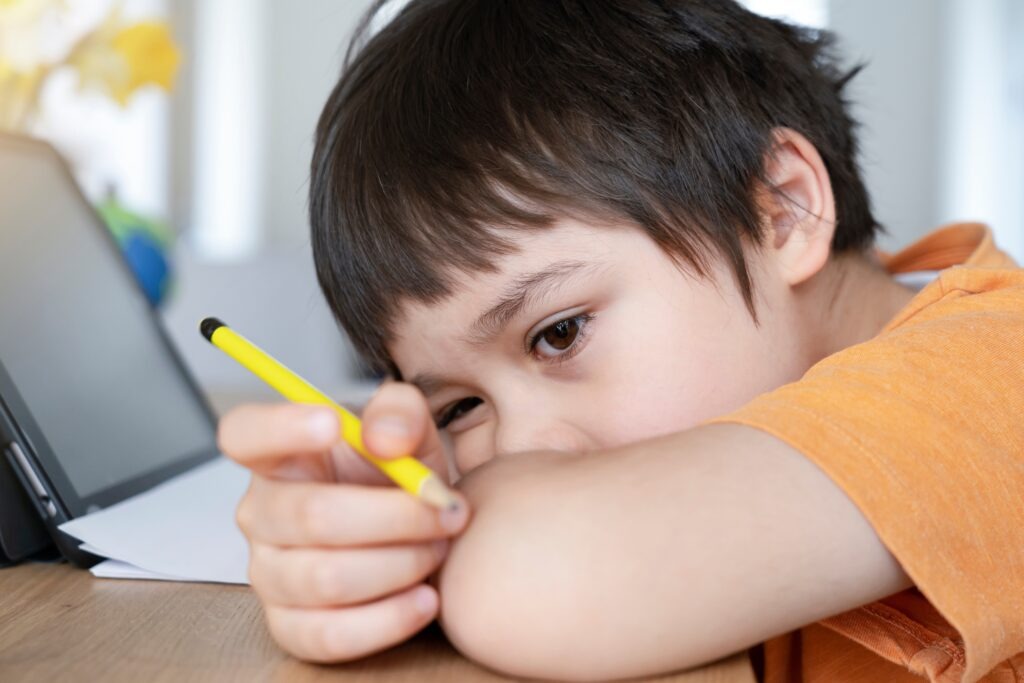
Writing isn’t just a cognitive skill.
It’s a complex coordination of multiple systems and it builds in a specific sequence.
At the base of this developmental pyramid is sensory processing. From there, each layer supports the next.
Join Me at the PDA Space Summit 2025: Exploring Equity for PDA’ers
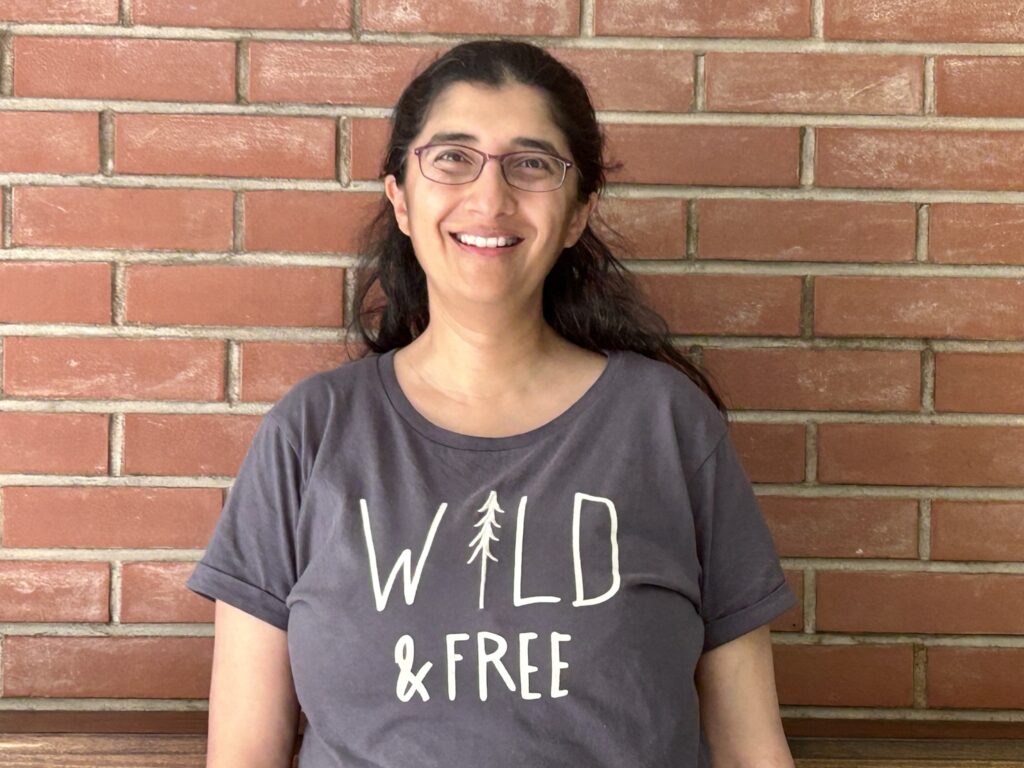
As a brown, neurodivergent, single parent and Occupational Therapist, I see every day how much our systems ask kids (and families) to change themselves to fit in instead of adapting environments to effectively meet their needs. That’s why I’m so happy about the conversations this summit is bringing to the forefront.
Hypermobility in Kids’ Hands: Signs to Look For and How to Help
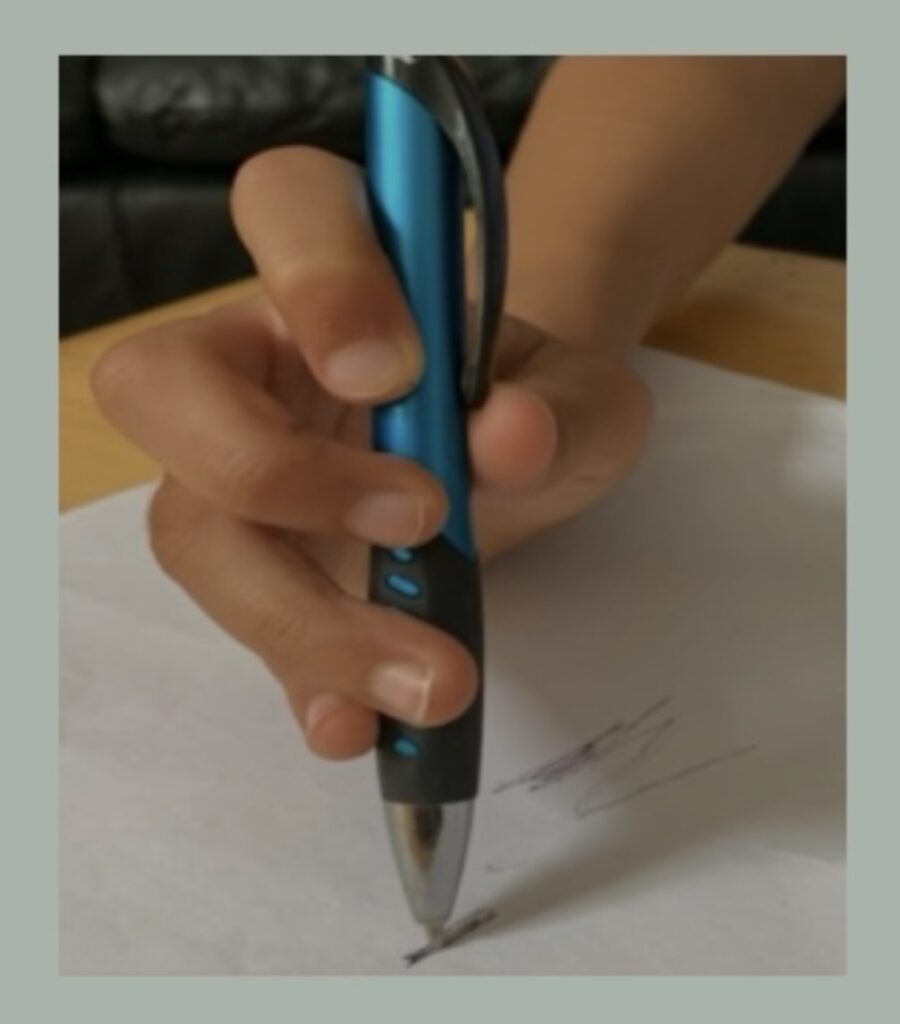
If your child avoids writing, says their hands hurt, presses too hard, or tires easily, it’s valid. They’re not being lazy. In fact, they’re often working extra hard just to keep up.
Does Your Child Hate Writing? Here’s Why (and How to Help)

Most parents think it’s a pencil grip issue or just lack of practice.
But writing struggles often have nothing to do with the hand.
The truth is, if your child avoids writing, the problem usually runs much deeper. And the solution isn’t “more handwriting practice.”
What is a Video-Based Assessment?
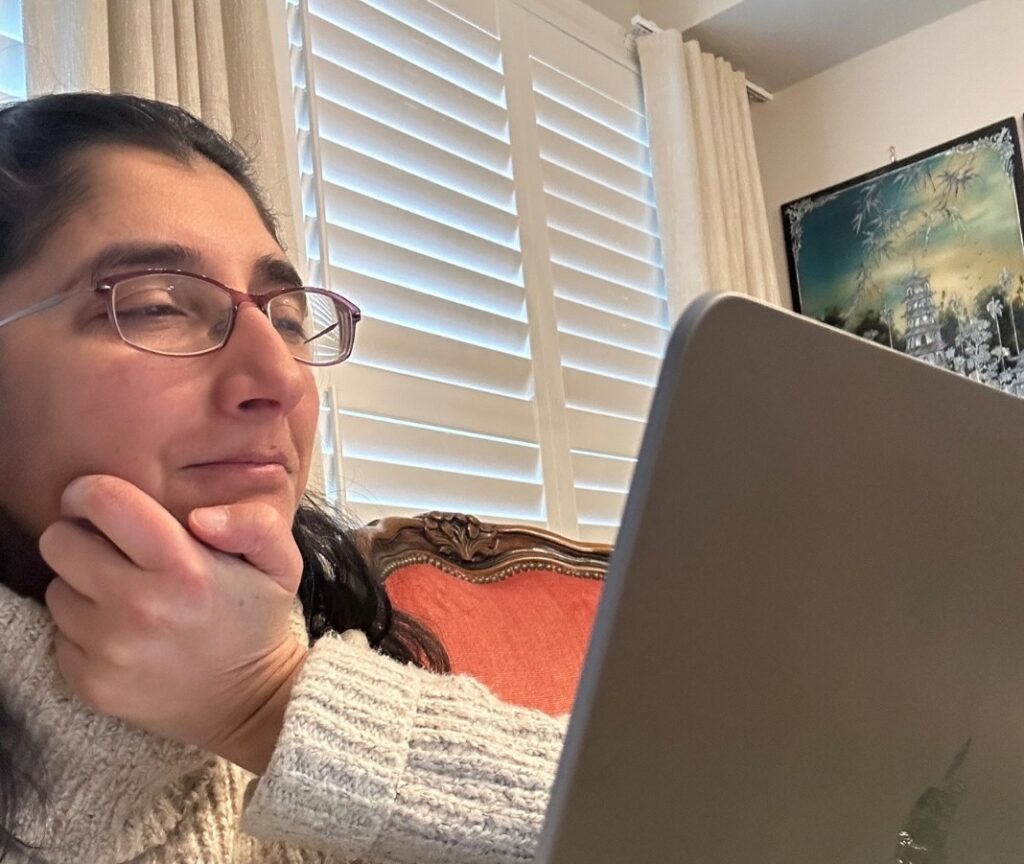
People are often surprised when I say I offer video-based assessments.
“Is that even effective?”
“Can you really assess a child that way?”
I get those questions a lot ……. and I get them!
So let me walk you through what a video-based assessment actually is, how it works, and why it can be so helpful.
7 Insights about Hypermobility
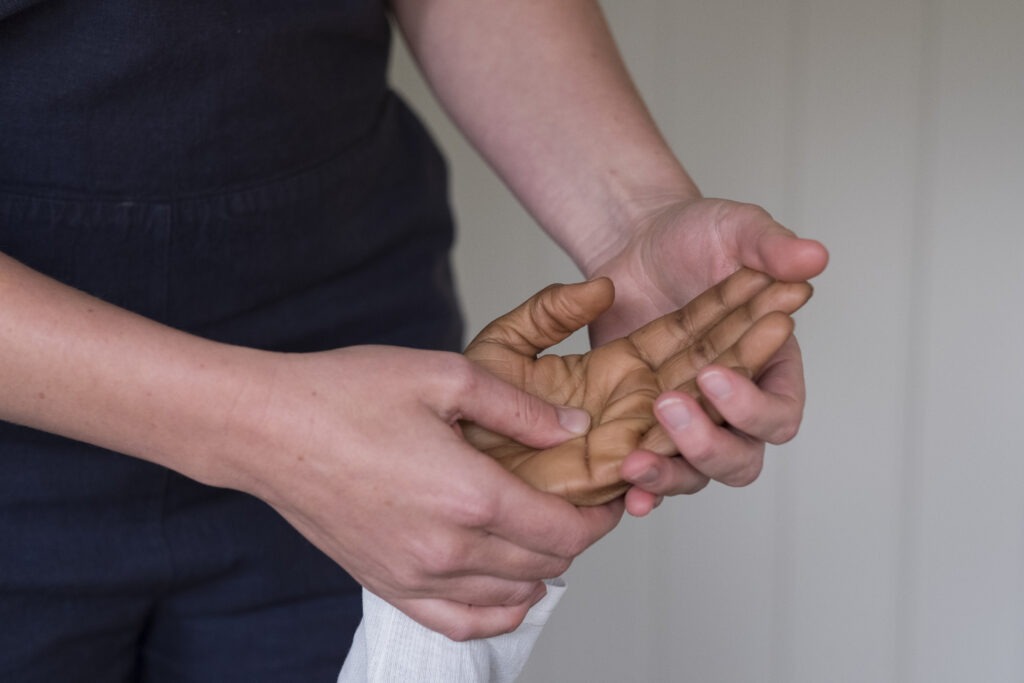
Hypermobility means some of the joints in your child’s body stretch and move more than expected. They’re extra bendy or flexible. But it’s not just about being “double-jointed.” Hypermobility can impact motor coordination, digestion, energy levels, sleep, emotional regulation, and even writing.
5 Things We Learned from Rosie the Cat About Writing Struggles
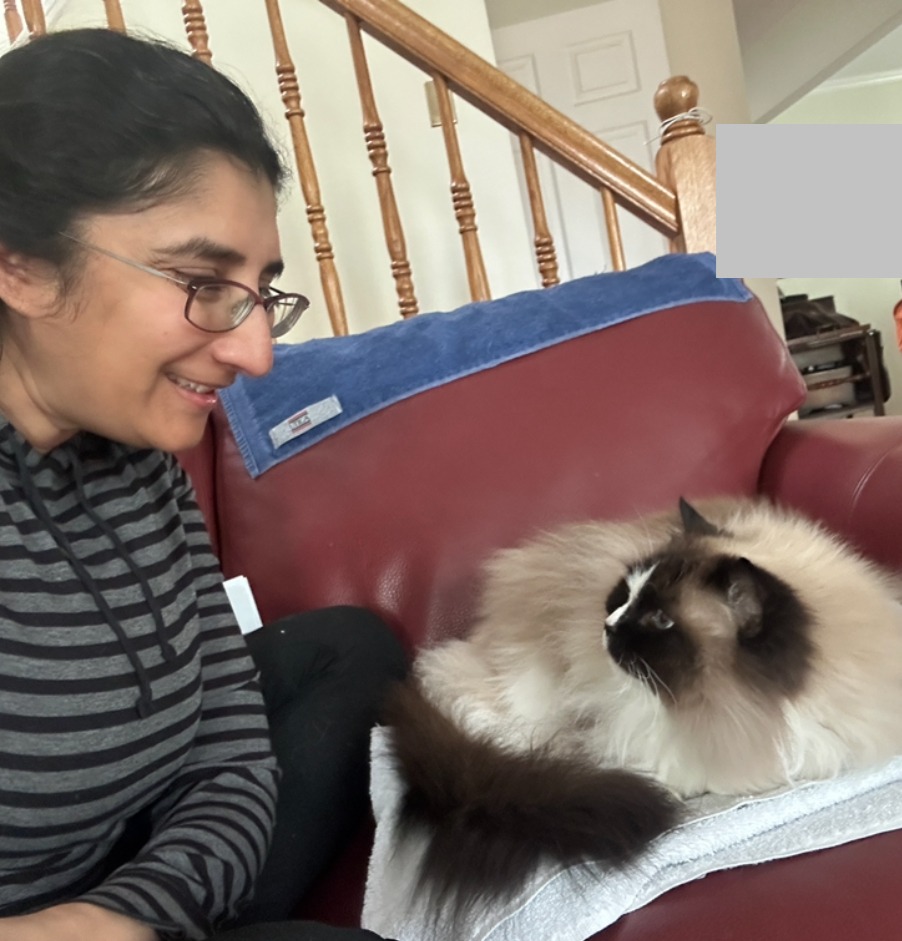
She wasn’t regressing.
She was recharging for the next big step.
And it reminded me so much of the kids I’ve worked with especially those with sensitive nervous systems who become overwhelmed and avoid writing.
10 Sensory and Nervous System Benefits of Nature

For kids who struggle in structured settings, or feel overwhelmed by noise, pressure, or adult-led demands, nature often offers a kind of quiet magic. It meets them exactly where they are.
OT is not just for your child

When one family member struggles, it impacts everyone. Occupational therapy goes beyond supporting your child’s sensory and emotional needs to include the whole family—parents, siblings, and their nervous systems. Discover how gentle, practical strategies can create a more connected, calm, and supported home environment for everyone.
We Don’t Talk About This Sense Enough: The Feel Good Sense in Sensory Development

We often focus on proprioception for sensory support—but there’s another powerful sense we don’t talk about enough. The “Feel Good Sense” is rooted in connection, joy, and emotional safety. When activated, it transforms how children engage, learn, and grow—especially when it comes to writing and coordination.

